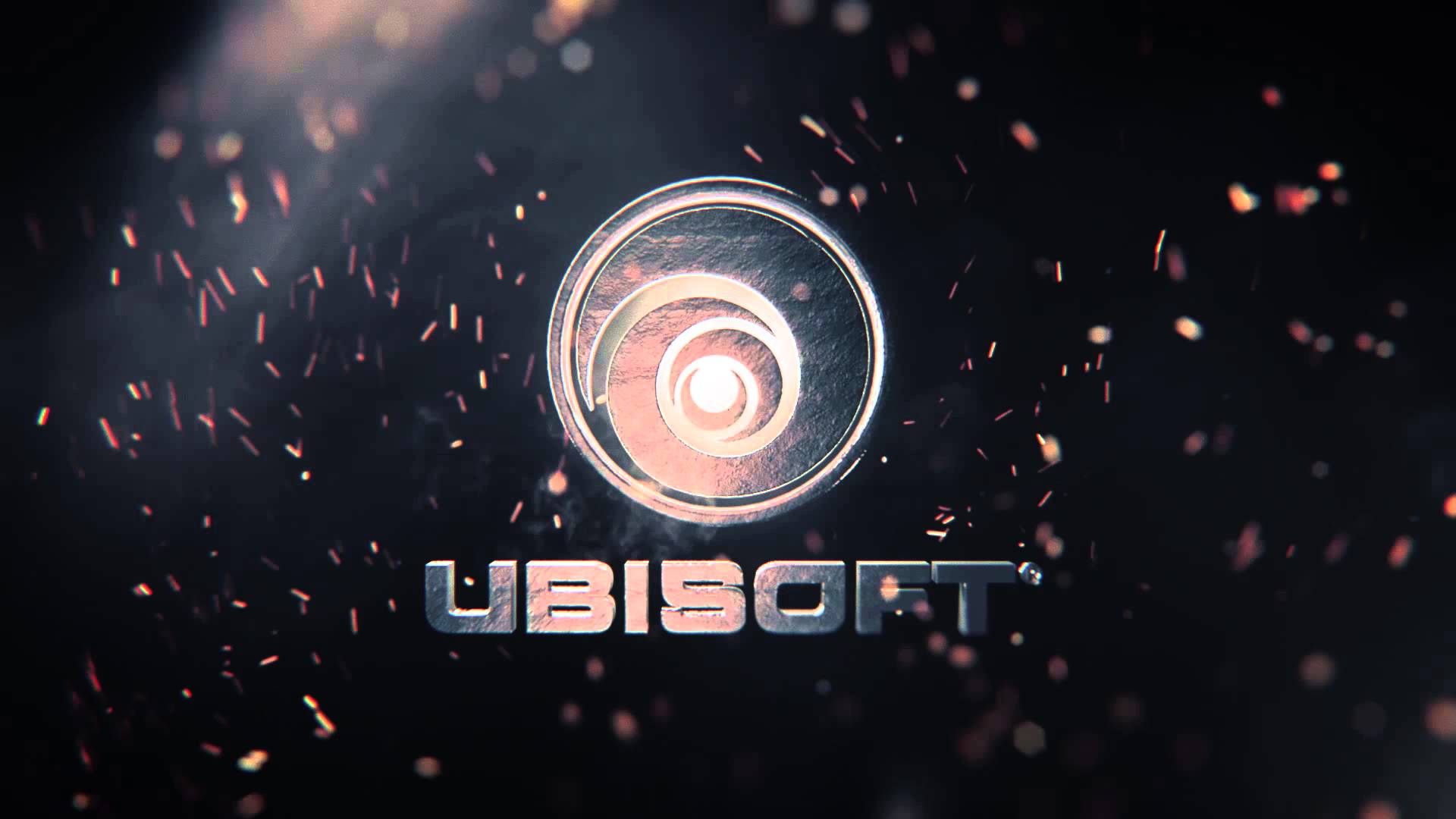
According to Ubisoft’s leadership, it appears they believe that players find enjoyable the inclusion of microtransactions in their full-priced AAA single-player games. As reported by WCCFTech, a section in Ubisoft’s financial report discusses microtransactions, stating that they enhance “the fun factor” for gamers.
In Ubisoft’s financial report on page 10, you’ll find that they emphasize implementing monetization and engagement strategies which prioritize the player’s enjoyment and long-term viability. For premium games at Ubisoft, the goal is to let players experience the game completely without additional costs. Within these games, optional monetization options are available to enhance the player’s experience by enabling them to customize their characters or progress faster.
For quite some time now, Ubisoft has incorporated microtransactions into their games, with notable instances seen in almost every major release of the Assassin’s Creed series since 2017’s Origins. However, it’s essential to note that Ubisoft emphasizes that its games can be fully played and completed without necessitating the player to spend any actual money.
Acknowledging the company’s efforts in this aspect, it’s worth noting that microtransactions in games like Assassin’s Creed predominantly focus on cosmetic items, such as character skins or ship and horse skins. While some of these cosmetic items may have minor gameplay impacts – for example, certain weapons in Assassin’s Creed – similar effects can usually be achieved by earning those weapons through regular gameplay. Additionally, the games offer “time-saver” options, including large quantities of crafting resources that are also frequently discoverable during normal gameplay.
In a recent dialogue with Ubisoft’s shareholders, CEO Yves Guillemot addressed the Stop Killing Games consumer rights campaign in the EU. He explained that Ubisoft typically provides extensive support for its games, guaranteeing their 24/7 playability. Yet, he also pointed out that continued gameplay isn’t a significant financial burden.
He went on to say, “However, it’s important to note that this type of problem isn’t exclusive to Ubisoft. In fact, all video game publishers encounter similar issues. We offer a service, but the nature of our industry means that at some point, that service may be terminated. Nothing is everlasting. Our aim is to ensure the best possible experience for all players and customers, understanding that support for every game can’t last forever.
Guillemot mentioned that in terms of game support, he emphasized the fact that software often gets updated or replaced as it becomes outdated, using the phrase “nothing lasts forever”.
He clarified that the problem isn’t exclusive to Ubisoft; it’s a challenge shared by all video game publishers. Since they offer services, there’s no permanent guarantee, and eventually, those services might be phased out. After all, nothing is everlasting. Our aim is to ensure a smooth experience for all players and purchasers, knowing that support for every game can’t go on forever.
Read More
- How to Get the Bloodfeather Set in Enshrouded
- 4 TV Shows To Watch While You Wait for Wednesday Season 3
- Every Targaryen Death in Game of Thrones, House of the Dragon & AKOTSK, Ranked
- Gold Rate Forecast
- The Pitt Season 2, Episode 7 Recap: Abbot’s Return To PTMC Shakes Things Up
- 10 Movies That Were Secretly Sequels
- One of the Best EA Games Ever Is Now Less Than $2 for a Limited Time
- Best Controller Settings for ARC Raiders
- Goat 2 Release Date Estimate, News & Updates
- Best Werewolf Movies (October 2025)
2025-07-21 16:14